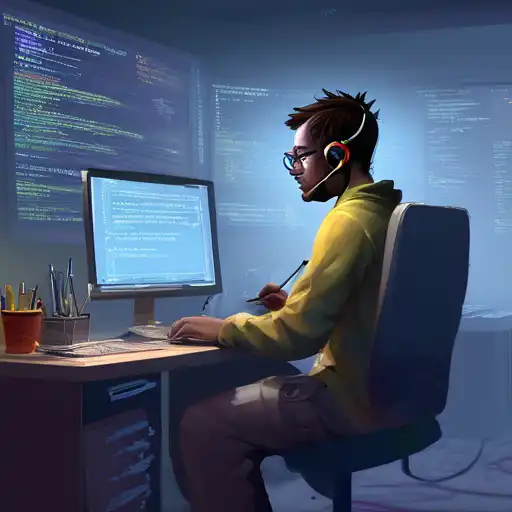Introduction to Debugging for New Programmers
Debugging is an essential skill for any programmer, especially for those just starting out. It involves identifying and resolving errors or bugs in your code that prevent it from running correctly. This article will provide you with essential debugging strategies to help you become more efficient and confident in your coding journey.
Understand the Error Messages
One of the first steps in debugging is to understand the error messages your development environment throws at you. These messages are designed to help you pinpoint where the problem lies. Take the time to read them carefully and research any terms or codes you don't understand.
Use a Systematic Approach
Approaching debugging systematically can save you a lot of time. Start by isolating the problem. Break down your code into smaller sections and test each one individually. This method, often referred to as 'divide and conquer,' can help you identify the exact location of the bug more efficiently.
Leverage Debugging Tools
Most integrated development environments (IDEs) come with built-in debugging tools. These tools allow you to step through your code line by line, inspect variables, and see the flow of execution. Familiarizing yourself with these tools can significantly enhance your debugging process.
Practice Rubber Duck Debugging
Rubber duck debugging is a technique where you explain your code, line by line, to an inanimate object (like a rubber duck). This process forces you to slow down and think critically about your code, often leading you to discover the bug on your own.
Write Test Cases
Writing test cases for your code can help you catch bugs early. By defining what your code should do in various scenarios, you can quickly identify when it doesn't behave as expected. This proactive approach can save you from headaches down the line.
Seek Help When Needed
Don't be afraid to seek help when you're stuck. Online communities like Stack Overflow can be invaluable resources. Just make sure to provide enough context about your problem to get useful feedback.
Keep Learning and Practicing
Debugging is a skill that improves with practice. The more you code and encounter bugs, the better you'll become at identifying and fixing them. Keep learning from each debugging session, and don't get discouraged by mistakes—they're part of the learning process.
Conclusion
Debugging can be challenging, but with the right strategies and tools, you can overcome any coding obstacle. Remember to approach problems methodically, use the resources available to you, and never stop learning. Happy debugging!
